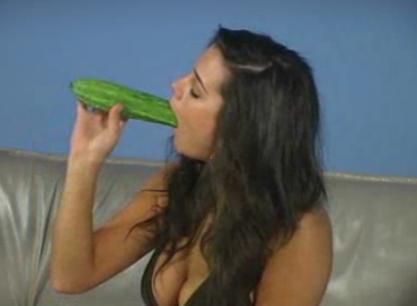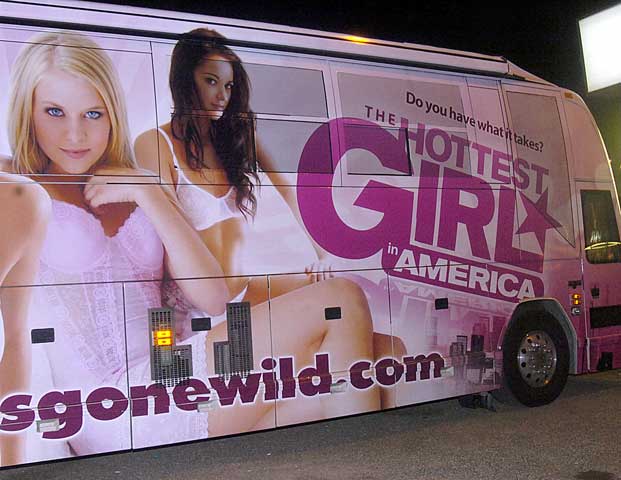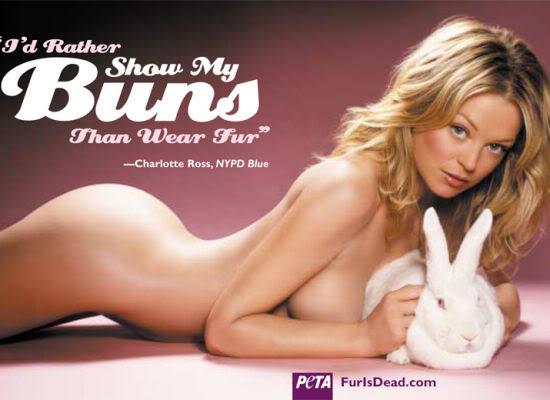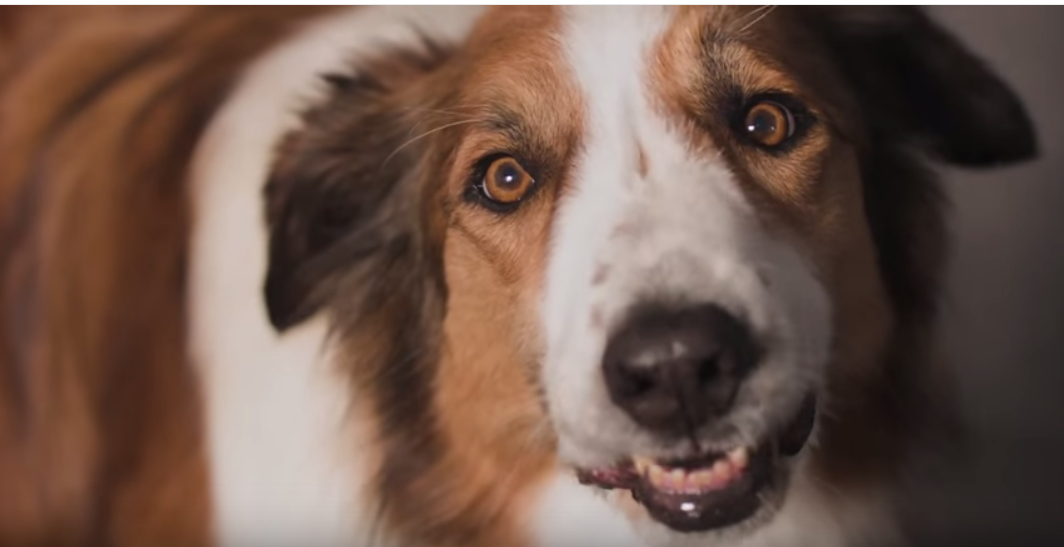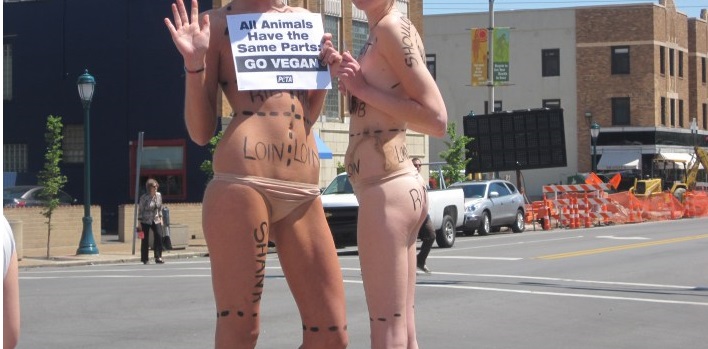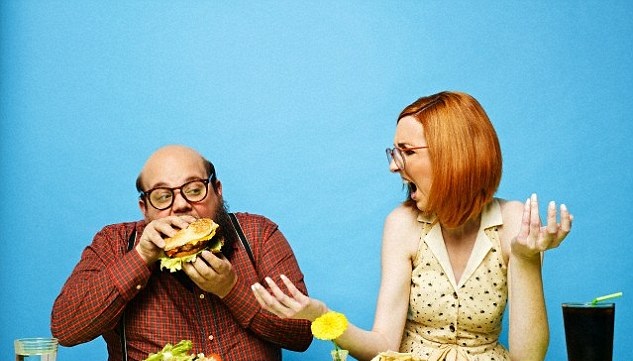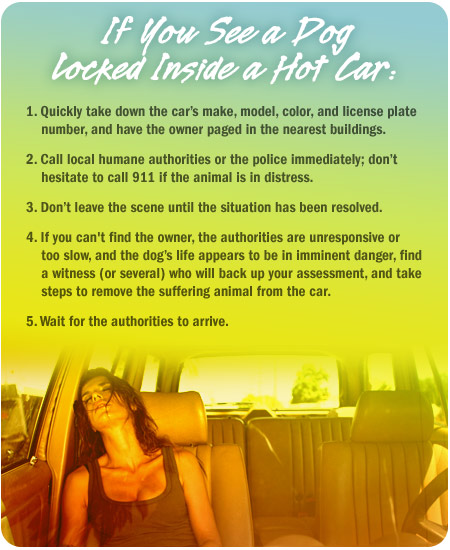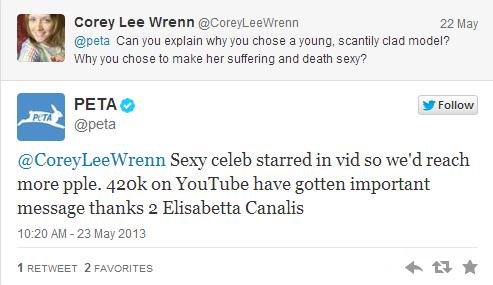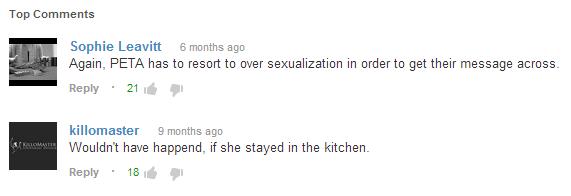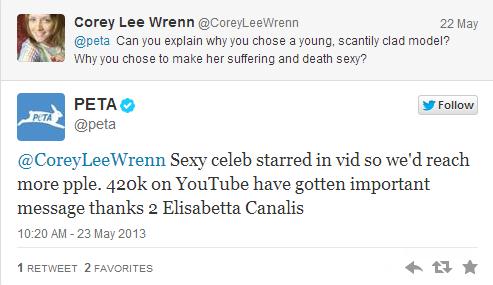| Translation by Mariángel Villalobos. You can follow her on Twitter @mvillabe. The original English version of this essay can be found by clicking here. |
PETA y otras campañas de liberación animal son comúnmente criticadas por explotar los cuerpos de las mujeres de una manera sexualmente provocativa en campañas para los animales no humanos. A través de estas campañas, las mujeres son motivadas a prostituir sus cuerpos desnudos en la calle, todo para llamar la atención a la situación de los animales no humanos. Mi amiga y colega Corey Wrenn llama la atención sobre los efectos dañinos de usar el sexo para vender el caso de los derechos de los animales, señalando que “la degradación de la mujer socialmente aceptada y su objetificación sexual está directamente conectada a la discriminación y violencia en contra de la mujer.”
Mientras que estoy de acuerdo de que tácticas como las de PETA dañan a la mujer y que estos trucos perpetúan la objetificación de la mujer, que de vuelta engendra violencia sexual, me gustaría señalar que hay otra manera en que las campañas de liberación animal comúnmente dañan a los animales y a las mujeres al mismo tiempo: al usar la masculinidad para promover el veganismo.
No es poco común ver organizaciones de liberación animal, como Vegan Outreach ilustrar en sus panfletos cómo uno puede mantener su masculinidad en una dieta vagana. De hecho, en el panfleto de Vegan Outreach “Even if You Like Meat” (Aunque te Guste la Carne) ellos incluyen una foto de un fisicoculturista Robert Cheeke en una camiseta que lee “Vegan Bodybuilder” (Fisicoculturista Vegano), dando la aprobación para llamar la atención a sus hinchados músculos. Publicidad como esta perpetúa el siguiente mensaje: puedes ser vegano y también tener tu masculinidad.
Pausemos por un momento para considerar qué es la masculinidad y por qué es dañina.
La masculinidad se relaciona con las expectativas de la sociedad para los hombres; hay ciertos roles de género que son vistos como apropiados para que los hombres fomenten. Mientras que los roles
de género son comúnmente definidos como “un set de expectativas para comportarse, pensar y sentir, que son basados en el sexo biológico de una persona,” la masculinidad es un set de roles de género, comportamientos, y aspectos de personalidad esperados de “hombres reales”: fuertes, independientes, con metas, trabajadores, dominantes, heterosexuales, vigorosos, agresivos, no emocionales, físicos, competitivos, enérgicos (KIlmartin 1994, 7-17).
La idea de que la masculinidad es responsable por la violencia, incluyendo los asaltos sexuales, es raramente cuestionada. Como Kilmartin señala, la gran mayoría de actos violentos son cometidos por los hombres, llevándonos a concluir que hay una alta relación entre la masculinidad y la agresión (KIlmartin 1994, 211). De acuerdo al FBI (2011), aproximadamente 90% de los crímenes violentos en los Estados Unidos son cometidos por hombres.
Además de la relación entre la masculinidad y la violencia, la masculinidad es asumida como la responsable de la violencia sexual, ya que “los asaltos sexuales son casi exclusivamente perpetuados por los hombres” (KIlmartin 1994, 212). En su estudio transcultural sobre el abuso sexual, Sanday (1981) reporta que las sociedades con un alto índice de violaciones “toleran la violencia y fomentan a los hombres y niños a ser fuertes, agresivos y competitivos.” De la misma manera, Kilmartin (2005, 1) sugiere que “la socialización de los hombres para que sean agresivos y iniciadores sexuales, su desproporcionado poder social y organizativo, y su habilidad para intimidar basado en superior tamaño y masa muscular“ puede explicar el fenómeno de los asaltos sexuales llevado a cabo por hombres. La moral de historia, entonces, es que, “la masculinidad es uno de los más poderosos contextos en los cuales los asaltos sexuales ocurren” Kilmartin (2005, 1).
Cuando usamos individuos como Robert Cheeke, cuya imagen ilustra lo masculino, para promover el veganismo, perpetuamos la idea de que la masculinidad es un tipo de ideal que los “hombres reales” deberían esforzarse para alcanzar. Sin embargo, si la masculinidad es responsable de la violencia, especialmente la violencia en contra de los débiles o “femeninos”, entonces deberíamos pausar para considerar si hace sentido que usemos este tipo de tácticas de mercadeo para enviar un mensaje vegano.
Recordemos qué es lo que el mensaje de liberación animal conlleva: una de las metas del movimiento de la liberación animal incluye desafiar el modelo de dominio al repensar por qué nosotros damos privilegio y admiramos a los seres “dominantes” o “fuertes”. Sin embargo, cuando las organizaciones usan a los fisicoculturistas para vender el mensaje vegano, envían el mensaje opuesto, un mensaje peligroso: la masculinidad es preferida sobre lo femenino y hay una jerarquía donde lo masculino reina y domina sobre los demás.
Esta idea no solo pone en peligro a las mujeres, pero la idea de que hay una dicotomía entre lo masculino y lo femenino pone en desventaja a los animales, ya que los animales son identificados como parte de la “naturaleza” – y la naturaleza es de vuelta identificada con lo femenino.
Si queremos erradicar la explotación de los animales, debemos desafiar la idea de que “no importa por qué alguien es vegano, simplemente importa el que ellos son veganos.” Por que el que alguien sea vegano importa si nuestra metal final es completar la liberación animal. Si uno no comprende que los principios de fondo detrás del veganismo ético, como el rechazo al dominio de la jerarquía, entonces qué va a prevenir que él explote animales en situaciones que le permiten expresar su masculinidad, como en las corridas de toros, la caza de animales, etcétera? La masculinidad es un mensaje peligroso de mandar, y si podemos promover los beneficios para la salud del veganismo sin tener que recurrir a las imágenes de la masculinidad, por qué las organizaciones de liberación animal como Vegan Outreach se centrar en hacer esto mismo?
Por 1LT Cheryl Abbate


